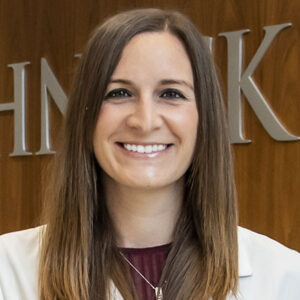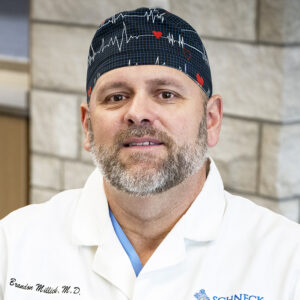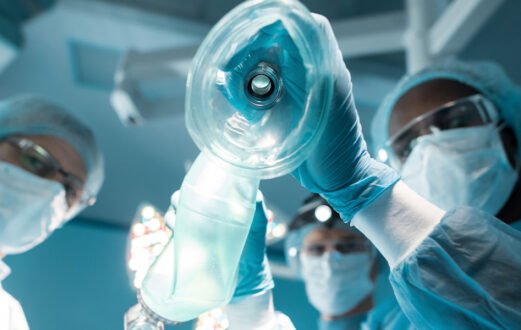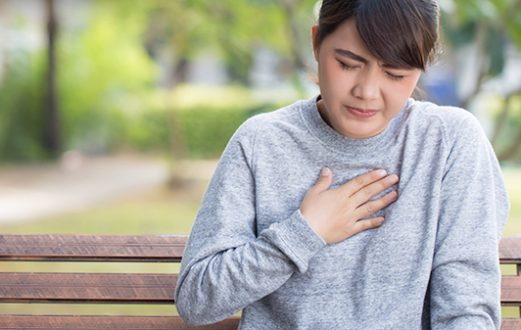When to See a Surgeon
Not every episode of indigestion or stomach pain is caused by the gallbladder—but frequent or severe symptoms shouldn’t be ignored. You should consult a surgeon or healthcare provider if you experience:
- Repeated episodes of right-sided abdominal pain, especially after eating
- Persistent nausea or vomiting
- Pain that wakes you up at night
- Jaundice (yellowing of the skin or eyes)
- Fever or chills (possible sign of infection)
A surgeon can evaluate your symptoms, often with an ultrasound or other imaging, to determine if gallstones or inflammation are the cause. If necessary, minimally invasive surgery (laparoscopic cholecystectomy) can safely remove the gallbladder and relieve symptoms permanently.












